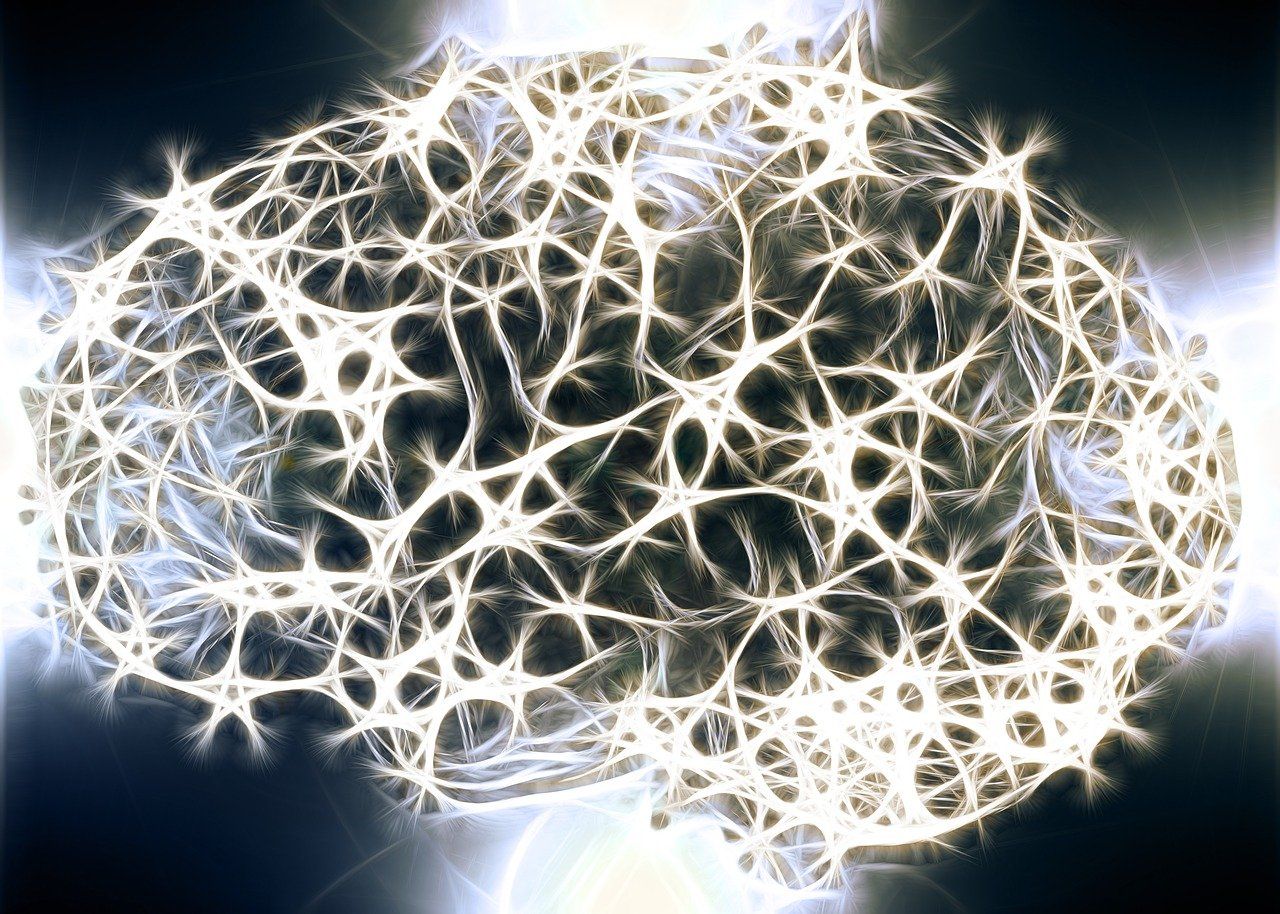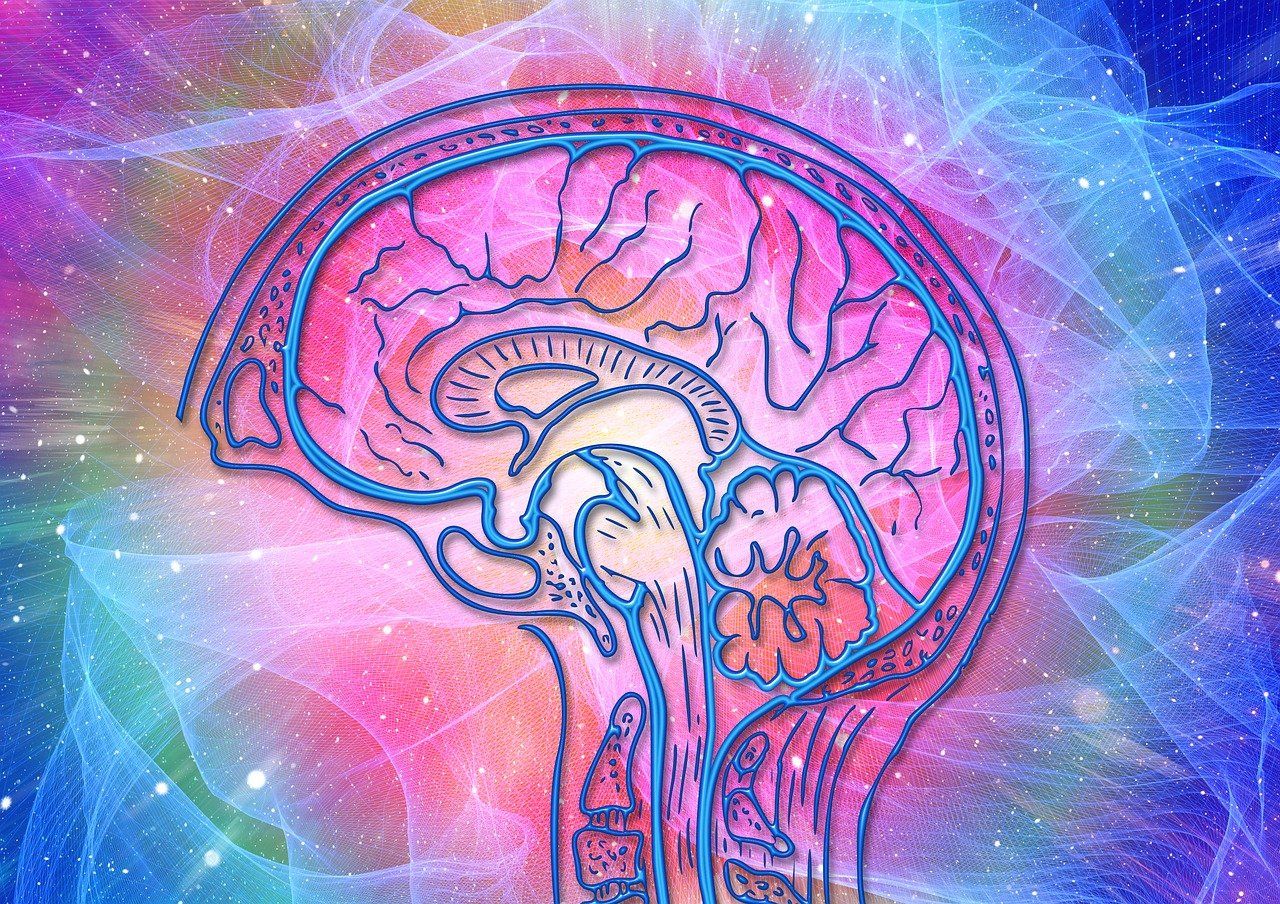The Way of Meditation Blog
Bringing Ancient Wisdom Into The Modern World
The Science Of How The Mind Affects The Immune System
Oska Phoenix • January 28, 2020
Psycho-Neuro-Immunology
Psycho
- thoughts and emotions
Neuro
- brain and nervous system
Immunology
- the study of the immune system
Psychoneuroimmunology (PNI for short) is a study of the Mind-body connection. PNI researchers study how our emotions and thoughts impact:
- The brain
- Hormones (endocrine)
- Nervous system
- Immune system.
Your thoughts affect your immune system. It can work the opposite way as well —-changes in the immune system create changes in your nervous system which lead to changes in your emotions. Quiet simply put stress and unhealthy eating habits can influence how you think and feel.
PNI research is concerned with the subtle interactions between our nervous, endocrine and immune systems and disease. The interaction between the different systems are complex but can be explained in a simplified manner.
For example, if you are experiencing fear, anger or other emotions that may increase your stress level, then these unsettling thoughts are picked up by the brain. The brain then stimulates the endocrine system to release hormones that have an adverse effect on the immune cell’s ability to divide. This causes a decline in immune function which may result in your becoming more susceptible to illness. ~ Patty Carrosicia, R. N.
Simply put - your mental state affects your immunity. Research today is beginning to unravel the complex connection between your psychological state and your immune system.
The Immune System
- The immune system is a complex network of cells and proteins that defends the body against infection.
- The body’s protective unit - first line of defense.
- The immune system protects body against alien bacteria, viruses, fungi and parasites (invaders).
- Destroys invaders using an army of white blood cells, natural killer cells and T-cells.
- Promoting good gut bacteria is the key to a strong and potent immune system.
The immune system is comprised of organs, tissues, cells and cell products that all work together to fight harmful substances like the pathogens that cause infection and disease.
If our lives are greatly influenced by the hormones of stress, then the natural function of the immune system is suppressed, which leaves us more prone to illness or disease.
When stress is prolonged or unrelenting, it becomes known as chronic stress. Chronic or bad stress can be detrimental to mental and physical health. Constant worrying about things like family or problems are examples of chronic stress. Post-traumatic Stress Disorder (PTSD) is another form of chronic stress.
The immune system is a collection of billions of cells that travel through the bloodstream. They move in and out of tissues and organs, defending the body against foreign bodies (antigens) such as bacteria, viruses and cancerous cells.
The main types of immune cells are white blood cells. There are two types of white blood cells:
- Lymphocytes
- Phagocytes
There are two types of lymphocytes:
B cells - produce antibodies which are released into the fluid surrounding the body’s cells to destroy the invading viruses and bacteria.
T cells - if the invader gets inside a cell, these (T cells) lock on to the infected cell, multiply, and destroy it.
When we’re stressed, the immune system’s ability to fight off antigens is reduced. That is why we are more susceptible to infections.
The stress hormone corticosteroid can suppress the effectiveness of the immune system (e.g. lowers the number of lymphocytes).
Healthy Mind Vs Stressful Mind
Being positive and having a healthy perspective could be the difference between longevity and disease. Every thought you have produces a chemical which signals the body to feel exactly the way you are thinking. In turn your thoughts will generate feelings, and your feelings will generate thoughts. This creates a vicious cycle — being mindful of your thoughts in the morning could be the difference in what type of day you have.
The release of stress hormones is the result of a number of complex and interacting factors such as the interaction between the stressors and our perception of the stress. How we perceive an event plays a very significant role in whether the stressor triggers our stress response or not.
One of the most important factors of stress management is the role that our perception plays in stress. Most people believe that it is external stressful situations or people that cause their stress. But this is not accurate, if it were everybody who was exposed to a particular stressor would be affected, which is not the case — we all react to “stressful” situations differently.
For example; if our perception is influenced by pessimistic thinking style, the potential event will be perceived as more of a threat than say another person exposed to the same potential stressful event but who has a flexible, non-rigid, optimistic thinking style.
How you perceive reality effects not only your physiology but also your health and wellbeing.
Stress
Stress can cause unhealthy behavioural coping strategies such as:
- Drinking
- Smoking
- Drugs
- Gambling
- Shopping
- Eating
Stress is also linked to:
- Headaches (migraines)
- Infectious illness (flu)
- Cardiovascular disease
- Diabetes
- Asthma
- GI issues (gut health)
- Auto immune disease
”Your cells will either be in a state of growth or protection and if your mind is ‘stressed out,’ then your cells are in a suppressed state, a.k.a breakdown mode—which will leave your body wide open and more susceptible to illness or disease.” ~ Bruce Lipton
Chronic stress:
- Creates chronic inflammatory conditions.
- Suppresses the smooth operation of the digestive system.
- Lowers the immunity of those who otherwise have a healthy immune system.
When long-term stress becomes chronic, high levels of cortisol (stress hormone) begin circulating in the blood for an extended period of time.
All you need to know is that excessive amounts of CORTISOL run HAVOC in your body system.
We can reduce our stress levels by changing our thinking habits — outdated negative perceptions can lead to distorted thinking patterns which can paint events much worse than they actually are — keeping the vicious cycle of stress turning.
Our perceptions can be shaped by past experiences — perceiving reality through the lenses of the past. Let’s face it not all of our experiences have been full of joy and love, so it’s critical to identify the perceptions that are outdated and change them to healthy ones.
Stress Management Tips
- Keep a positive attitude.
- Accept that there are events that you cannot control.
- Be assertive instead of aggressive. Assert your feelings, opinions, or beliefs instead of becoming angry, defensive, or passive.
- Learn and practice relaxation techniques meditation, deep breathing and mindfulness
- Exercise regularly. Your body can fight stress better when it is fit.
- Eat healthy, well-balanced meals.
- Learn to manage your time more effectively.
- Set limits appropriately and learn to say no to requests that would create excessive stress in your life.
- Make time for hobbies, interests, and relaxation.
- Get enough rest and sleep. Your body needs time to recover from stressful events.
- Don't rely on alcohol, drugs, or compulsive behaviors to reduce stress.
Cells can transmit and receive non-physical packages of information that influences their behaviour.
Think about it - a stressful state changes the heart beat to be erratic which sends out pressure waves (informational waves of energy) to signals cells to change their behaviour (emergency state).
Stress disrupts all the major organs in the body that contribute to having a disrupted energy field.
When you are stressed, the cells in your body will be given information that keeps them in a protective state.
"Cells are either in a state of growth (harmony) or protection (stress) — they cannot be in both." ~ Bruce Lipton
Our conscious minds have the power to influence cell behaviour — cells respond to thoughts — the stronger the emotional charge behind the thought, the more cells react.
Factors that influence cell behaviour:
• Stress
• Diet
• Exercise
• Sleep
• Perception
• Mind set
• Emotions
How you process and define different aspects of your life ultimately signals your cells to be in a state of growth or protection.
Learning to consciously harmonise your mind and body will enable you to upkeep the integrity of the cells in your body.
Question:
How does my mood effect my immunity?
Answer:
If you regularly experience low vibrational emotions such as fear, anger or other emotions that may increase your stress levels, then it will be extremely difficult for you to maintain balance within the systems of the body.
Low vibrational emotions will begin to disturb your thoughts because the brain will pick up on the emotional feedback from the body.
The hormonal system in the body (endocrine) is a major player when it comes to maintaining a healthy balance. Stress disrupts the natural order of the endocrine system resulting that can result in chemical imbalances.
There are many medical conditions that remain a mystery to doctors and science that maybe caused by chemical-hormonal imbalances in the body. If the adrenal glands are overactive (stress hormone glands) then the other glands suppressed from their natural function.
The adrenal glands are taking up all the energy to activate stress hormones which suppress the other glands from naturally maintaining chemical/hormonal balance in the body.
MEDITATION IS MEDICATION
Meditation induces the relaxation response in the body which allows the body to reset and balance — creating coherence within all systems of the body. The relaxation response is our physical way of reversing the effects of stress and the physical stress response.
Individuals with high levels of stress should adopt a regular meditation practice to restore balance back in the body.
Stressful energy compromises the immune function which may result in the body being susceptible to disease.
IMMUNE SYSTEM SUPPRESSANTS:
• Stress
• Abuse
• Trauma
• Victimisation
• Guilt
• Anger
• Regret
• Self-Pity
In other words - emotional suffering can lead to immune system suppression.
Since your immune system, for reasons unknown, responds to both negative thoughts and positive thoughts, meditation creates the perfect environment for the immune system to flourish. This means better health, more energy, and greater happiness. In case you didn’t know, these are the ingredients for a wonderful and productive life.
How To Strengthen The Immune System
Positve emotions - enhance the immune system by shifting the production of chemical — being more optimistic, will result in stronger cell-mediated immunity — flooding immune cells that respond to an invasion by foreign viruses or bacteria.
When you are in a harmonious state (Heart-mind coherence), your body and all of your systems are aligned and working synergistically, which promotes health and wellness. When you are in a stressful state, the body systems are out of alignment, causing disruption and dysfunction in the body.
RELAXATION RESPONSE
"The relaxation response is the process of de-escalating the stress response and inducing relaxation through activation of the parasympathetic nervous system.” ~ Dr. Herbert Benson
“When we are too accustomed to stress, the body forgets how to relax. Rather, it remembers how to stress.”
What Does NOT Activate The Relaxation Response:
• Watching television (mind is still stimulated)
• Electronics
• Internet
• Socialising
“There are many methods to elicit the Relaxation Response, including visualization, progressive muscle relaxation, energy healing, acupuncture, massage, breathing techniques, prayer, meditation, tai chi, qi gong, and yoga. True relaxation can also be achieved by removing yourself from everyday thought and by choosing a word, sound, phrase, prayer, or by focusing on your breathing.” ~ Dr. Romie
Having a healthy mind and practicing meditations will align all the major systems of the body:
• Respiratory - More rhythmic breathing
• Cardiovascular - Heart rate slows downs
• Immune - Releasing more white cells
• Lymphatic - Improves circulation
• Endocrine - Balances hormonal levels
• Digestive- Allows body to rest and digest
Some causes of digestive issues can be stress related, but we are not told to meditate. Instead, we are given medication for a short-term fix that doesn’t resolve the underlying issue.
How can your digestive system run smoothly when you are so tense and stressed?
Researchers have found a wealth of evidence that suggests positive emotions can enhance the immune system, while negative emotions can suppress it.
For example, individuals can take up to a year to recover a healthy immune system following the death of their spouse, and long-term caregivers have suppressed immune systems compared with persons in the general population.
“Greek philosopher Aristotle identified that when a part of the body does not function properly, the mind will become unbalanced in some way also. On the other hand, if the mind is calm and relaxed, Homeostasis within the body is induced, which allows the most optimal level for the body to self-heal.”
Ancient understanding has always emphasised that the mind and body are connected and one with each other. PNI sheds light on how important communication between the mind and body really is, and that fostering a healthy connection between the mind and body will gift us with the health that we seek.
Psycho-Neuro-Immunology (PNI) Recap
• PNI is the study of the interaction between psychological processes, the nervous and immune systems within the human body.
• PNI examines how our thoughts and emotions have an impact on our health.
• Research shows that stress can suppress the immune system’s ability to ward off illness.
• Research from PNI shows us that even 30 seconds of practicing a relaxation technique can improve communication with the mind-body connection, reducing the effects of stress and improve the quality of sleep.
Bringing mindfulness to your thoughts and emotional reactions can have a significant impact on your sense of well-being. Realising that you have the power to command your body to be in a state of resilience or breakdown is a major realisation towards true health.
Our state of mind affects all the major systems in our body, so it is crucial to pay attention to our thoughts, moods, emotions, behaviours, reactions and perceptions.
Unconscious reactions can trigger stress in our body while responding through presence can keep our bodies in balance. Meditations have been designed to increase self-awareness and restore inner peace and harmony — resulting in a stronger immune system.
Written by Oska Phoenix
Get A FREE
Guided Meditation Series
with Chad Foreman

In today’s fast-paced world, the mind often races, driven by the demands of work, family, and personal ambitions. Meditation is commonly seen as a practice to calm the mind, foster inner peace, and connect with deeper aspects of existence. Yet, one crucial element often overlooked is the state of the body, particularly the nervous system. Relaxing the nervous system isn’t just a preparatory step; it is foundational for unlocking the deeper states of awareness and tranquility that meditation promises. Drawing insights from my journey and teachings, we will explore why this is so vital and how it transforms the meditative experience.














